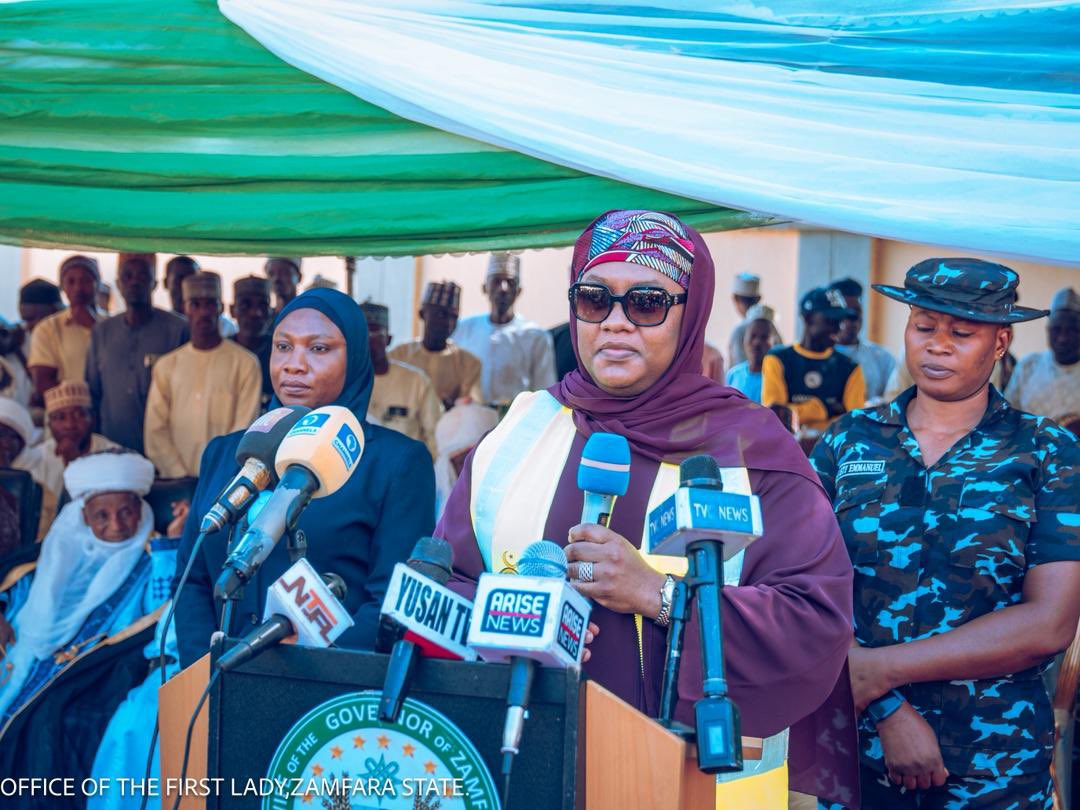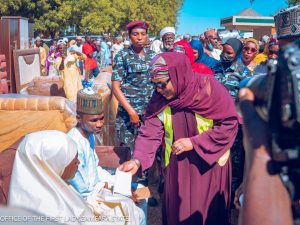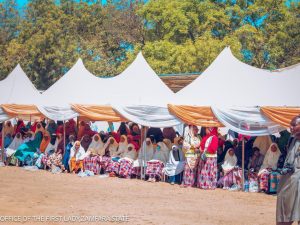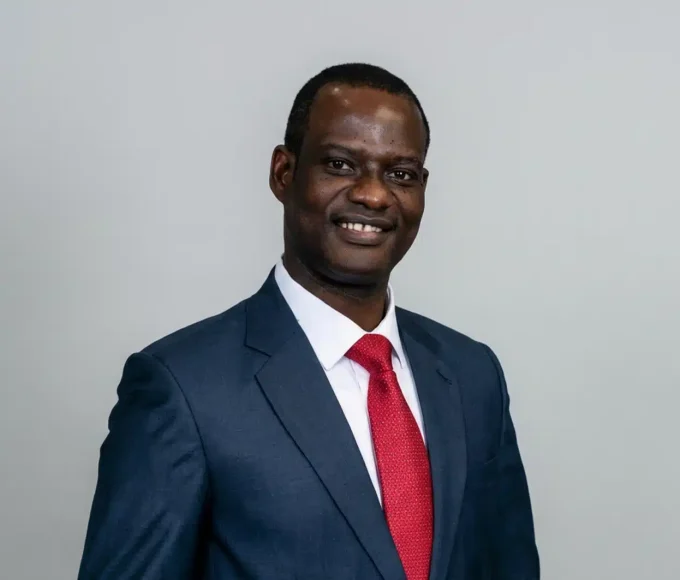
Zamfara’s Mass Wedding Raises Fresh Alarm About Welfare, Religion, and the Rights of the Girl Child

The Zamfara State Government has once again sponsored a mass wedding programme, this time pairing 200 female orphans and widows in a ceremony led by the First Lady, Hajiya Huriyya Dauda Lawal. The event, organised by the State Zakkat and Endowment Board as part of its final quarter intervention for 2025, was presented as a welfare initiative aimed at supporting the state’s most vulnerable. But it has also reignited a long-running national debate about the ethics of state-sponsored marriage, the age of the girls involved, and the gap between welfare policy and basic child protection.
According to the First Lady, the programme aims to give vulnerable young women “dignity, comfort, and a foundation to build stable lives.” The state provided household essentials, furniture, bedding, and a dowry of 200,000 naira for each bride. The Board also listed several other interventions, including debt settlements in Shari’ah courts, business grants to small-scale traders, poultry training for 100 people, and digital literacy support for 10 orphans.
Zamfara is not new to mass weddings. In June 2024, the state organised a similar ceremony involving 105 girls, some of whom rights groups flagged as minors. Human rights organisations, including Amnesty International, condemned the initiative and called for investigations into the ages of the girls and the conditions under which they were married. That earlier controversy has helped shape today’s public response, in which many Nigerians are again questioning whether the state is using marriage as a welfare policy rather than investing in education, health, and long-term empowerment.




Critics argue that the mass wedding model treats marriage like a poverty relief package rather than a personal choice that should come with agency, emotional maturity, and legal protection. Many have also raised concerns about the ages of some of the “orphans,” noting that child marriage remains a persistent issue in northern Nigeria. In communities where poverty is widespread and education access is uneven, programmes like this blur the line between support and coercion. A girl with no parents, no income, and no social safety net cannot honestly negotiate her future, and the state stepping in as a matchmaker raises uncomfortable questions.
Supporters of the programme see it differently. For them, the Zakkat Board is fulfilling a religious and cultural responsibility to care for orphans and widows. They point to the financial support, debt relief, and skill-building efforts as proof that the state is trying to reduce hardship in practical ways. Those who defend the initiative often describe marriage as a culturally grounded form of stability and protection.
The debate reveals a deeper problem. Nigeria continues to struggle to align welfare efforts with the protection of girls and young women. Mass weddings may provide temporary relief, but they do not replace essential services such as schools, healthcare systems, safe housing, vocational opportunities, or modern social welfare structures. They also risk reinforcing the idea that marriage is the only viable pathway for vulnerable girls, even when they are too young or unprepared.
The welfare of orphans and widows should never depend on marital status. It should depend on the state’s ability to provide education, safety, empowerment, and long-term opportunities. Until that becomes the standard, mass weddings will continue to spark national criticism, not because support is wrong, but because the most vulnerable deserve protection, not pressure wrapped in a guise of generosity.
About The Author
Related Articles
Tinubu Deducts N100bn Monthly From Federation Account Without Approval El-Rufai Alleges Says Action Deserves Impeachment
Former Kaduna State Governor Nasir El-Rufai has launched a blistering attack on...
ByWest Africa WeeklyJanuary 26, 2026After Taiwo Oyedele’s Denials, Lagos State Activates ‘Power of Substitution’ Under Tinubu-Altered Tax Law, Allowing Authorities to Redirect Payments Without Court Orders
Lagos State has moved to activate a controversial enforcement provision in the...
ByWest Africa WeeklyJanuary 26, 2026Ivory Coast to Buy Unsold Cocoa to Support Farmers
Ivory Coast has announced a government plan to purchase unsold cocoa stock...
ByWest Africa WeeklyJanuary 23, 2026Ghana Moves to Reclaim Kwame Nkrumah’s Former Residence in Guinea
Ghana has embarked on a diplomatic and cultural initiative to reclaim the...
ByWest Africa WeeklyJanuary 23, 2026












Leave a comment